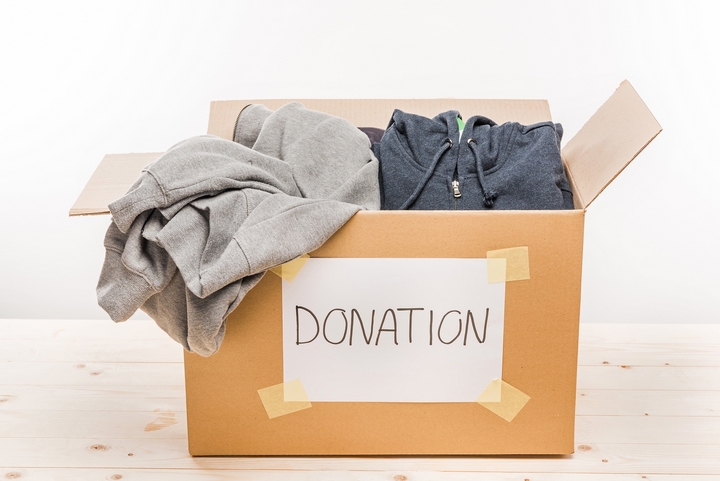Moving to a new city can be stressful, scary, and overwhelming. Since sometimes moving is exciting but other times it’s inevitable, such as when you’ve been relocated for work. Either way, you want to make the process of moving from city to city as easy as possible.
As much as moving is a stressful process, the stress is less overwhelming with a little bit of planning. Having a detailed pre-departure checklist of things to do before moving day also helps. So is letting a professional relocation service help you make plans ahead of the move.
How can you make your move less of a chore? You will need a checklist to guide you through every step of your move.
Below is a pre-departure checklist you might find helpful:
1. Come up with a Pre-Departure Plan (8 to 10 weeks before the move)

There is a lot that goes into moving other than just packing up a box and leaving. You need to anticipate potential hiccups you might encounter. Devise a plan that will ensure your move goes smoothly.
First, you need to choose your moving day wisely. Pick a day and season that is ideal and less expensive for moving, such as weekdays. Second, come up with a budget, decide if you will be moving yourself or you need to hire a mover, take an inventory of everything you own, notify the kids’ schools if need be, and measure all your furniture.
2. Donate What You Don’t Need (at least 6 to 8 weeks before pre-departure)

As part of your pre-departure checklist, try to donate what you don’t need. Go through your stuff and decide what you’ll keep. You will be surprised how much clutter you have been hanging on to for all those years. You might come across something that’s not worth keeping, but don’t throw it away. Instead, consider donating it to a good cause or a friend in need.
Clutter can be found in almost every room in your house, be it the bedroom, living room, bathroom, kitchen, or garage. If your region allows tax-deductible donations, get receipts from the organizations you donate to so you can benefit from the tax breaks.
3. Pack at Least 3 to 6 Weeks Pre-Departure

Once you’ve donated or thrown out all of the stuff that you do not need, start packing. First, you will need boxes. Since moving is an expensive undertaking, instead of buying the boxes, consider saving money by collecting boxes from local businesses.
Some of the places you can source free boxes include bookstores, liquor stores, grocery stores, and fast-food restaurants. You will need to buy all the other moving supplies, such as furniture moving pads, tape and a tape gun, and bubble wrap. This will help ensure all your furniture and valuables are adequately packed and protected during the move.
4. Give out Your New Address 2 to 3 Weeks Before Pre-Departure

This can be a very tedious process, but it is important. You do not want your mail or magazine subscriptions to go to the wrong address. This is the time to give yourself a break from all the packing and start calling the people or companies who need to be informed about your new address. These could be utility providers such as cable, gas, internet or electricity companies.
You might also need to contact some government agencies, your doctors, and other service providers such as banks and cell phone service providers.
You should consider forwarding your mail for a while as well.
5. Finalize Moving Plans 1 to 2 Weeks Ahead of Departure

When you decided to move, you probably had over two months to pack. Now you have less than a month to go. Time does fly when you have a lot to do, right? If you religiously followed the above steps, there is no need to panic since you are on track.
This is the time to say goodbye to both family and friends, and your home as well. There are just a few tasks you need to undertake this close to your moving day. These include clearing the pantry, cleaning the house, servicing the vehicles for a long trip, and emptying and defrosting your refrigerator.
6. Prepare for Departure Day

Since everything is done, all you have to do now is load your stuff and get moving. If you decided to use professional movers, make sure you know the rules – like what needs to be packed and covered (like mattresses) and what they aren’t allowed to move (like propane tanks) so there are no surprises.
Movers will help ensure your move is as successful and stress-free as possible. Guide them to where the boxes are. As you do this, do a final sweep of your space just to be sure nothing important is left behind.
When all the boxes are loaded into the moving trucks, give the movers directions to your new space. On arrival, get the boxes offloaded into your space, into the right rooms.
Congratulations, your move was a success! Now, sit back, sip some wine, and take some much-deserved rest. There will be time enough for unpacking tomorrow!




